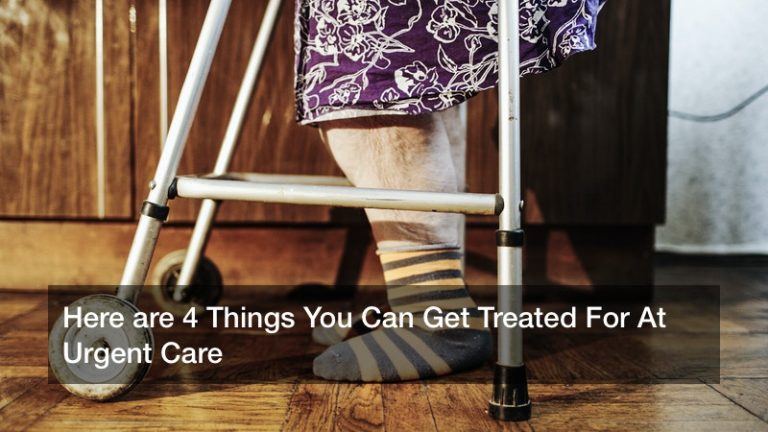

Managing workplace anger and workplace stress has become a necessary part of many jobs. From managers of hotels to hospital administrators, making sure that workers are of sound mind and temperament is important. And while some people may have a preconceived notion of what kind of person might exhibit workplace anger, it is interesting to note that one of the professions where workers deal with the highest amount of stress is in hospitals and other medical facilities.
The latest research indicates, in fact, that as many as 45.8% of physicians are considered to be experiencing at least one symptom of burnout. Finding a healthy work-life balance in a career where doctors are often on call even when they are off can be a real challenge. By understanding the signs of physical exhaustion, as well as the signs of job burnout can help managers take a preventative approach to helping their employees be as successful as possible.
Understanding How to Deal with Burnout at Work Can Help You Have a Healthier Career and Life
In a time when Americans are working long hours and often not seeing the financial rewards that they had hoped for, workplace anger and stress is even more common. As workers find themselves less able to meet their financial needs in a time when the economy is adversely affecting those in certain income brackets, more and more employers realize that they have to pay closer attention to the mental health of their workers. And while there are plenty of stressers in low to medium paying jobs, physicians and medical professionals at the higher end of the income scale are also dealing with high amounts of stress. Consider some of these facts and figures about medical professionals and the stress that they are dealing with:
- Physicians have a 10% to 20% higher divorce rate than workers in the general population.
- Emergency doctors suffer the highest rates of burnout of all medical professionals, with 59% indicating that they felt burned out, according to a Medscape Physician Lifestyle Survey published in January 2017.
- Female physicians rated themselves higher on the physician burnout scale at 55% compared to male physicians rating themselves at 45%, according to a Medscape Physician Lifestyle Survey.
- Medical students report a rate of depression that’s 15% to 30% higher than the general population by a significant margin, according to a recent study.
- 66% of both men and women indicate work has a significant impact on their stress level, and 25% has called in sick or taken a ?mental health day? as a result of work stress.
- Beyond medical professionals, workplace stress is a problem for many workers. In fact, it causes approximately one million U.S. employees to miss work each day.
If you are one of the fortunate few who has today off in recognition to President’s Day, make sure that you are finding a way to relax and refresh so that you can be a more healthy person and worker when you return to the office tomorrow.
